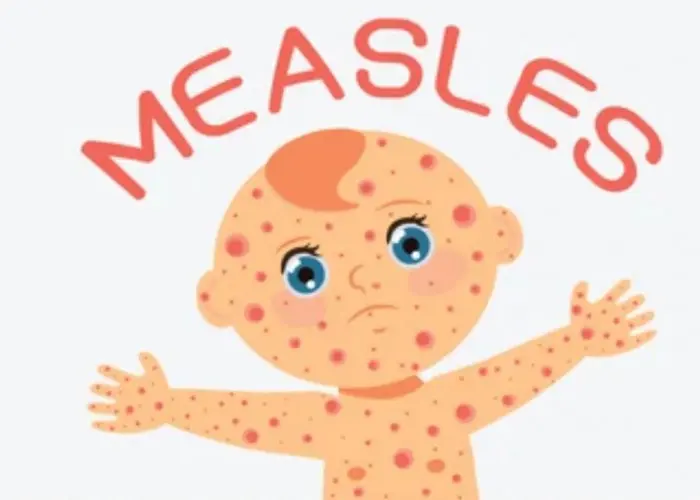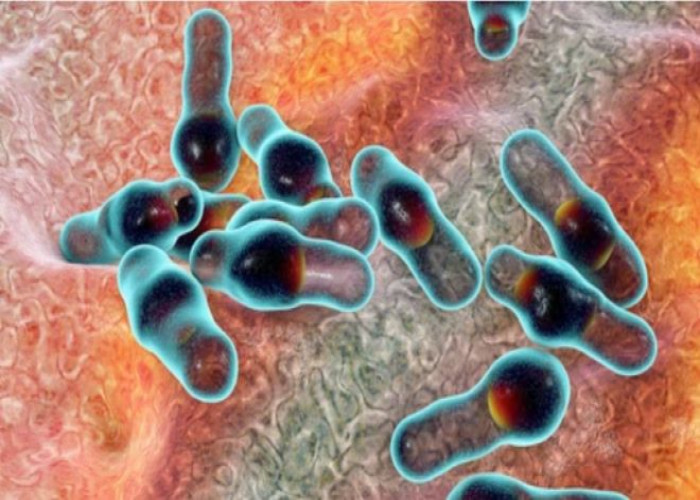 Welcome
Welcome
“May all be happy, may all be healed, may all be at peace and may no one ever suffer."
Botulism

Botulism is a rare but serious illness caused by a toxin produced by the bacterium Clostridium botulinum. It can be contracted through contaminated food, wound infections, or inhaling the toxin. Symptoms of botulism can include weakness, dizziness, double vision, difficulty speaking or swallowing, and paralysis. If left untreated, botulism can lead to respiratory failure and death. Treatment for botulism may include administration of an antitoxin to neutralize the toxin, respiratory support to manage breathing difficulties, and antibiotics to treat any associated infections. Prevention measures, such as proper food handling and preparation, and wound care can help reduce the risk of botulism.
Research Papers
Disease Signs and Symptoms
- Dry mouth
- Visual disturbances, such as blurred or double vision and difficulty focusing eyes
- Facial weakness on both sides of the face
- Difficulty swallowing (dysphagia)
- Paralysis
- Abdomen cramps
- Nausea or vomiting
- Trouble breathing or a feeling of choking
- Blurred vision of eye
- Double vision (diplopia)
- Facial weakness or numbness
- Constipation, which is often the first sign
Disease Causes
Botulism
Foodborne botulism
The source of foodborne botulism is often home-canned foods that are low in acid, such as fruits, vegetables and fish. However, the disease has also occurred from spicy peppers (chiles), foil-wrapped baked potatoes and oil infused with garlic.
When you eat food containing the toxin, it disrupts nerve function, causing paralysis.
Wound botulism
When C. botulinum bacteria get into a wound — possibly caused by an injury you might not notice — they can multiply and produce toxin. Wound botulism has increased in recent decades in people who inject heroin, which can contain spores of the bacteria. In fact, this type of botulism is more common in people who inject black tar heroin.
Infant botulism
Babies get infant botulism after consuming spores of the bacteria, which then grow and multiply in their intestinal tracts and make toxins. The source of infant botulism may be honey, but it's more likely to be exposure to soil contaminated with the bacteria.
Disease Prevents
Botulism
Use proper canning techniques
Be sure to use proper techniques when canning foods at home to ensure that any botulism germs in the food are destroyed:
- Pressure-cook these foods at 250 F (121 C) for 20 to 100 minutes, depending on the food.
- Consider boiling these foods for 10 minutes before serving them.
Prepare and store food safely
- Don't eat preserved food if its container is bulging or if the food smells spoiled. However, taste and smell won't always give away the presence of C. botulinum. Some strains don't make food smell bad or taste unusual.
- If you wrap potatoes in foil before baking them, eat them hot or loosen the foil and store them in the refrigerator — not at room temperature.
- Store oils infused with garlic or herbs in the refrigerator.
Infant botulism
To reduce the risk of infant botulism, avoid giving honey — even a tiny taste — to children under the age of 1 year.
Wound botulism
To prevent wound botulism and other serious bloodborne diseases, never inject or inhale street drugs.
Disease Treatments
For cases of foodborne botulism, doctors sometimes clear out the digestive system by inducing vomiting and giving medications to induce bowel movements. If you have botulism in a wound, a doctor may need to remove infected tissue surgically.
Antitoxin
If you're diagnosed early with foodborne or wound botulism, injected antitoxin reduces the risk of complications. The antitoxin attaches itself to toxin that's still circulating in your bloodstream and keeps it from harming your nerves.
The antitoxin cannot, however, reverse the damage that's been done. Fortunately, nerves do regenerate. Many people recover fully, but it may take months and extended rehabilitation therapy.
A different type of antitoxin, known as botulism immune globulin, is used to treat infants.
Antibiotics
Antibiotics are recommended for the treatment of wound botulism. However, these medications are not advised for other types of botulism because they can speed up the release of toxins.
Breathing assistance
If you're having trouble breathing, you'll probably need a mechanical ventilator for as long as several weeks as the effects of the toxin gradually lessen. The ventilator forces air into your lungs through a tube inserted in your airway through your nose or mouth.
Rehabilitation
As you recover, you may also need therapy to improve your speech, swallowing and other functions affected by the disease.
Disease Diagnoses
Disease Allopathic Generics
Disease Ayurvedic Generics
Disease Homeopathic Generics
Disease yoga
Botulism and Learn More about Diseases

Chickenpox

Alcohol poisoning

Heat exhaustion

Canker sore

Genital warts

High blood pressure in children

Osteochondritis dissecans

Bee sting
Botulism, Clostridium botulinum, Botulism toxin, বটুলিজম
To be happy, beautiful, healthy, wealthy, hale and long-lived stay with DM3S.
